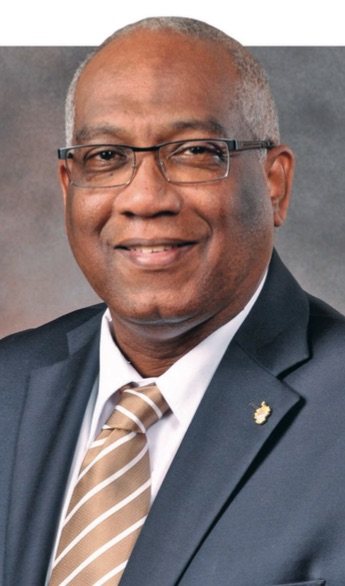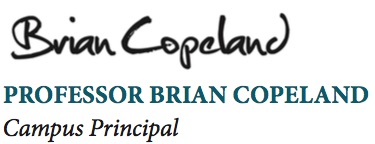
At the time of this writing, the Eastern European nation of Ukraine is on fire. At a minimum, thousands have been killed or injured (clear casualty figures are not yet available). Well over 60 cities and towns have been attacked. Estimates put the number of refugees at over two million and counting. This is a terrible tragedy.
We wish for a speedy end to all conflict, and our hearts go out to the Ukrainian people. Our thoughts go, as well, to the victims of military aggression around the world in places such as the Middle East, Central Asia, and Africa, who have not benefited from such a high level of international exposure and sympathy. There are many such struggles that have continued with little thought or comment for years, even as people are displaced from their homes, suffer famine, disease, and the lethal impact of armed conflict.
One of the disturbing, yet all too unsurprising pieces of the story of the war in Ukraine is how it has unearthed uglier aspects of European bias and prejudice. Several commentators expressed shock that such a conflict could take place in Europe, suggesting that war was somehow an indulgence of black and brown nations. An idea that quite frankly shows an astonishing level of ignorance of both European and world history.
The UWI’s vision statement reads: “To be an excellent global university rooted in the Caribbean”. Our ambition is to be recognised among the finest institutions of higher education in the world, based on the quality of our teaching and learning, the excellence of our research, the value of the student experience we provide, and the positive impact that we make in the region and wider world.
The prejudice on display was especially glaring in the reports of treatment of foreigners in Ukraine, many of the fee-paying university students, from India and Africa. There have been multiple stories showing that these students experienced segregation and discrimination in accessing services to leave the country - on both sides of the Ukrainian border. As a campus principal in a university native to the Global South I asked myself, why couldn’t these students have come to study at The UWI?
The question is of course rhetorical. I am not questioning the decisions made by these international students. They made the choice they deemed best based on their circumstances and the opportunities available at the universities they attended. Neither am I questioning the capability or standards of Ukraine’s institutions of higher education. I am not even passing judgment on the society, which has its cultural dynamics like all societies, and is currently undergoing a terrible ordeal. I am, however, looking critically at the current world order and the place emerging nations and regions hold in that system.
The UWI’s vision statement reads: “To be an excellent global university rooted in the Caribbean.” Our ambition is to be recognised among the finest institutions of higher education in the world, based on the quality of our teaching and learning, the excellence of our research, the value of the student experience we provide, and the positive impact that we make in the region and wider world.
For some time now, The UWI has been working towards ever greater internationalisation. We have increased our ranking to the top 1.5 per cent of universities in the world as evaluated by Times Higher Education. We have formed international partnerships to establish centres such as the SUNY-UWI Centre for Sustainable Leadership Development in the US and the UWI-China Institute for Information Technology in Suzhou. Long before that, our research has made a vital contribution to the collection of human knowledge, and our graduates have become leaders and experts in almost every field throughout the world.
Nevertheless, more can be done, and this is the time to do it. The old order of Western hegemony is weakening. New poles of economic power and cultural hegemony have emerged. Old ideas about the superiority of Western European and American superiority are losing their hold. There is absolutely no reason that Caribbean higher education cannot become a highly competitive choice for international students from Africa, India, and anywhere else.
As we continue to rise from the destabilising effects of the pandemic and chart our way forward as a university, we should approach internationalisation with an even greater intensity, both through our policies and organisational culture. A globally competitive university seeking to be a first choice for international students must offer more. This requires not only a collective effort, but a collective mindset. We have to recognise that Caribbean people have the capacity to provide an educational experience that matches or exceeds what is offered anywhere else in the world.
When this global university shows prospective students this level of excellence, they in turn will have an alternative where they can receive both the highest standard of education while also being treated with the dignity and care they deserve, irrespective of their race or nationality.
